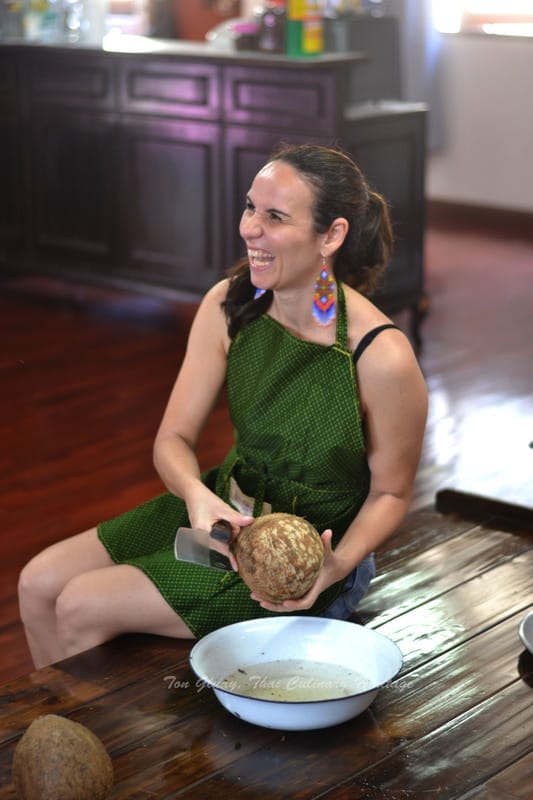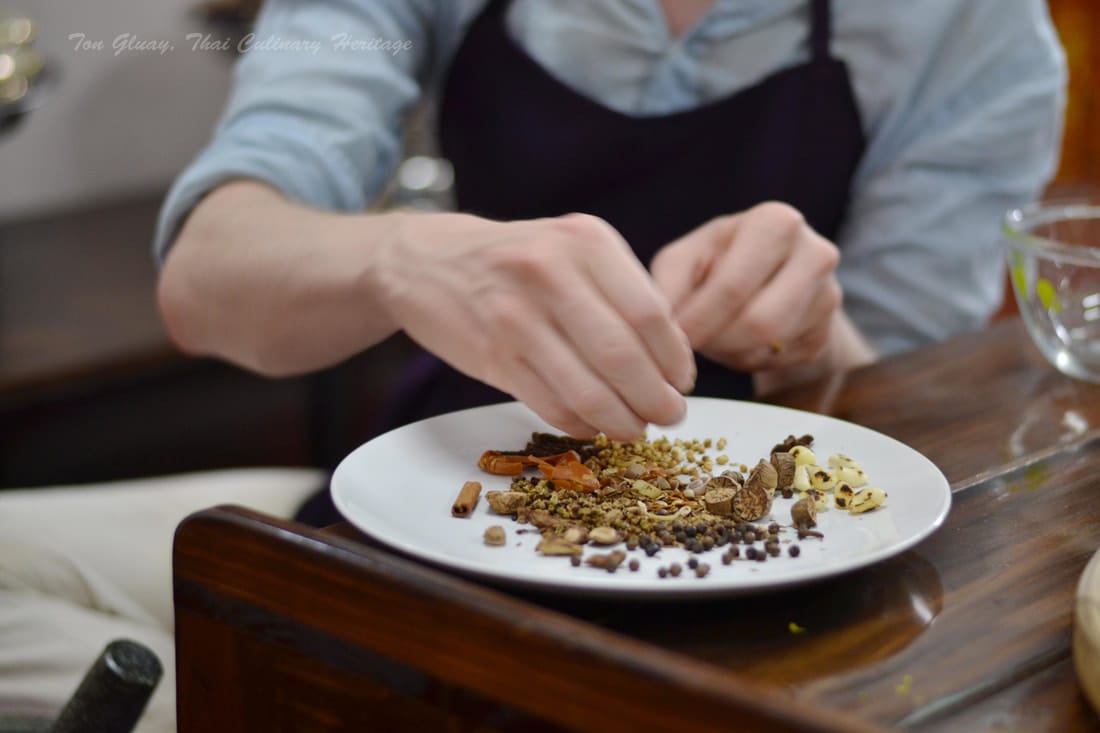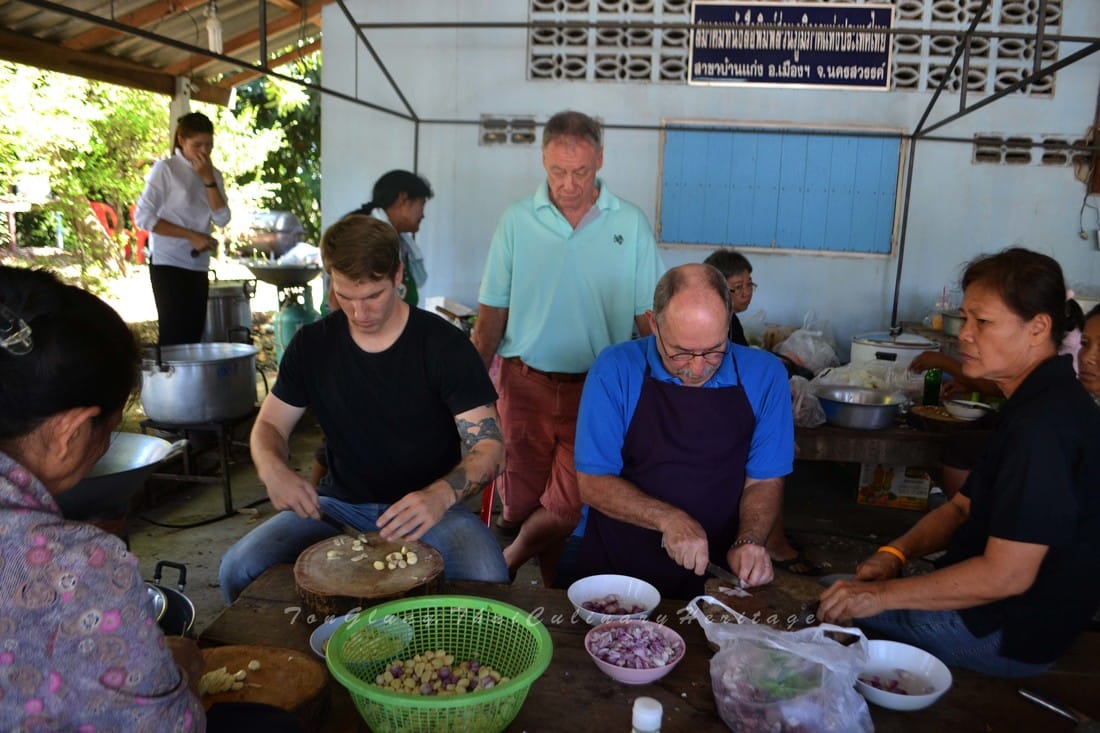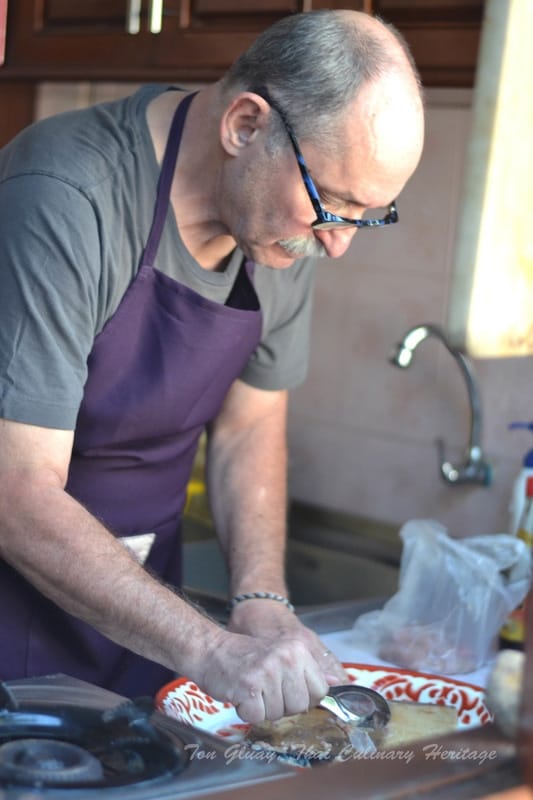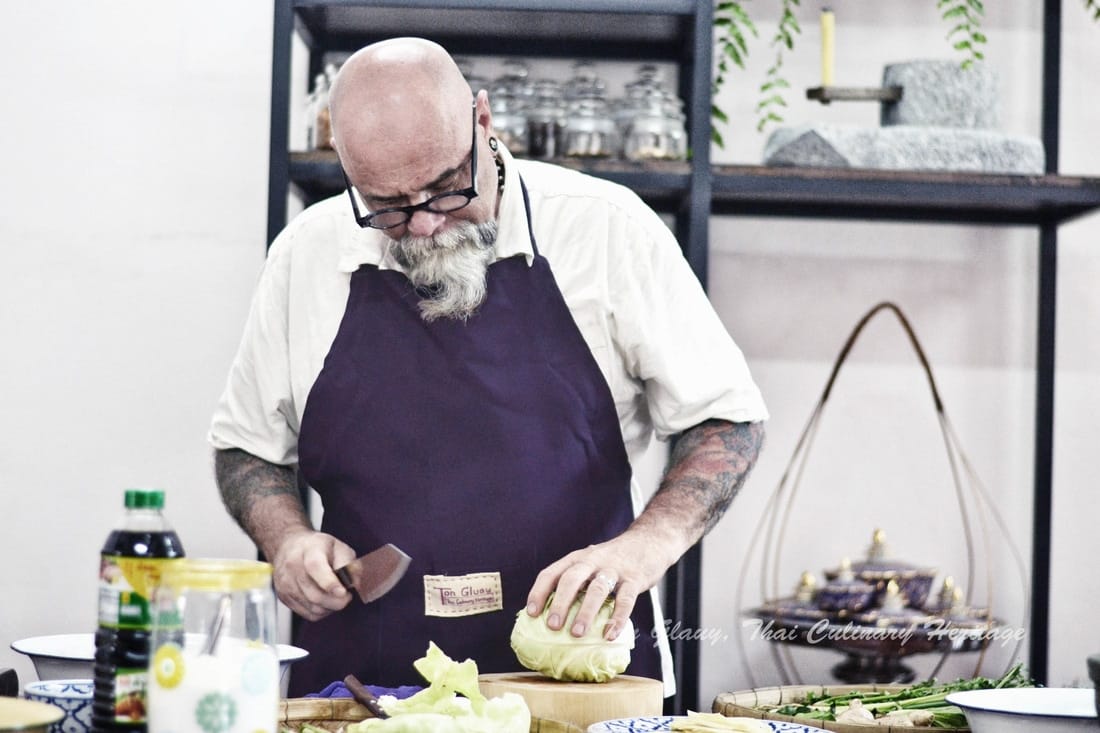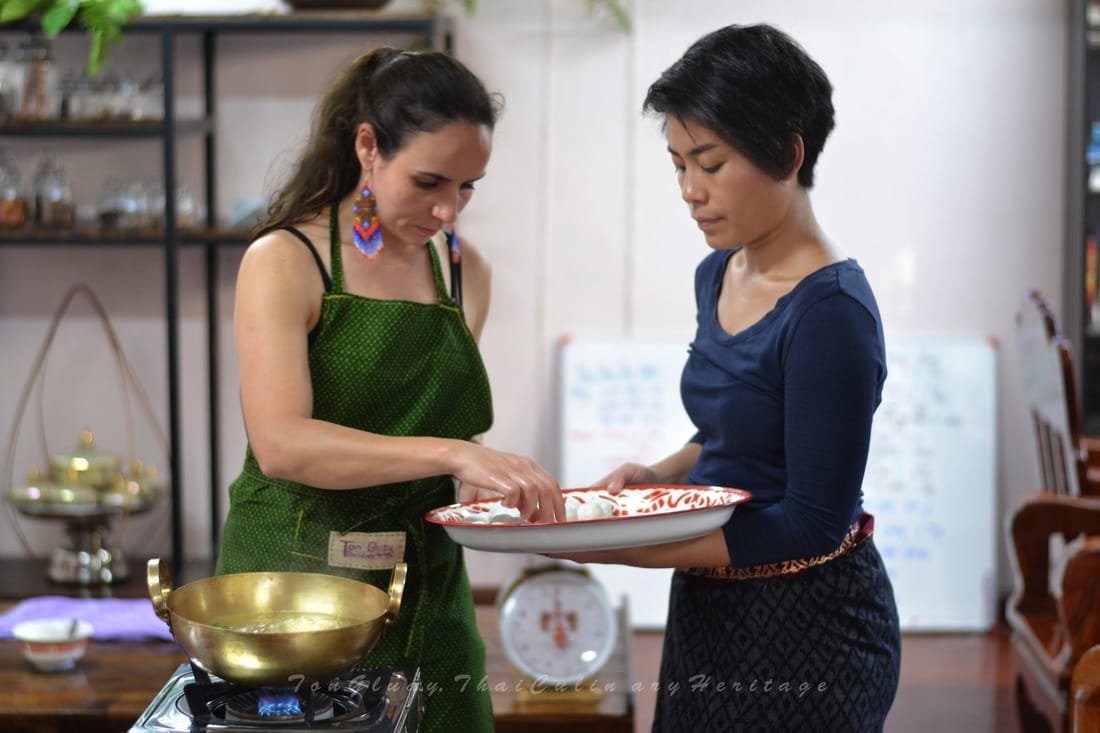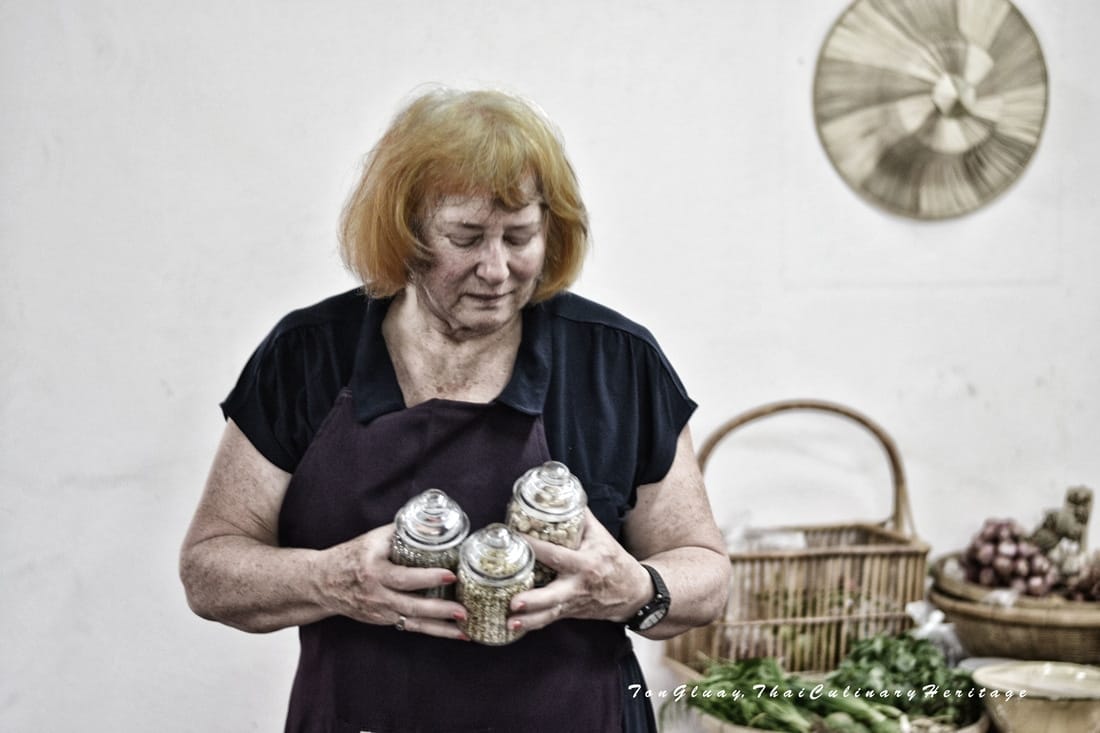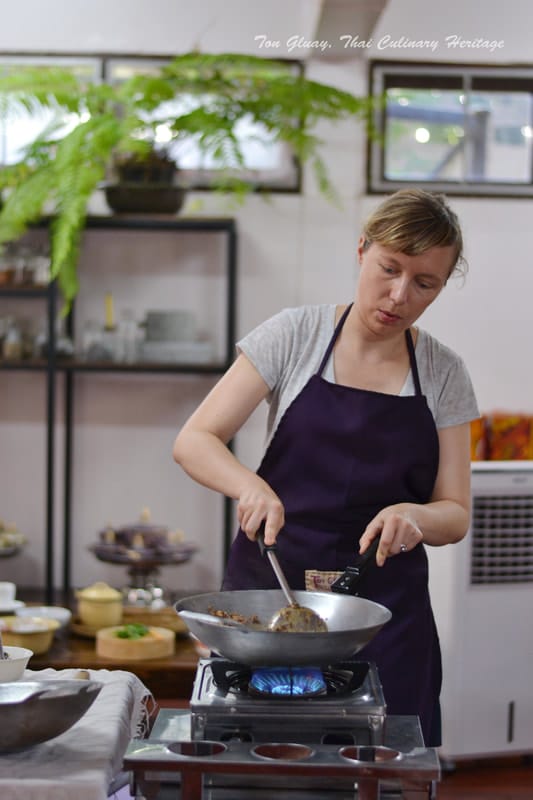About this site
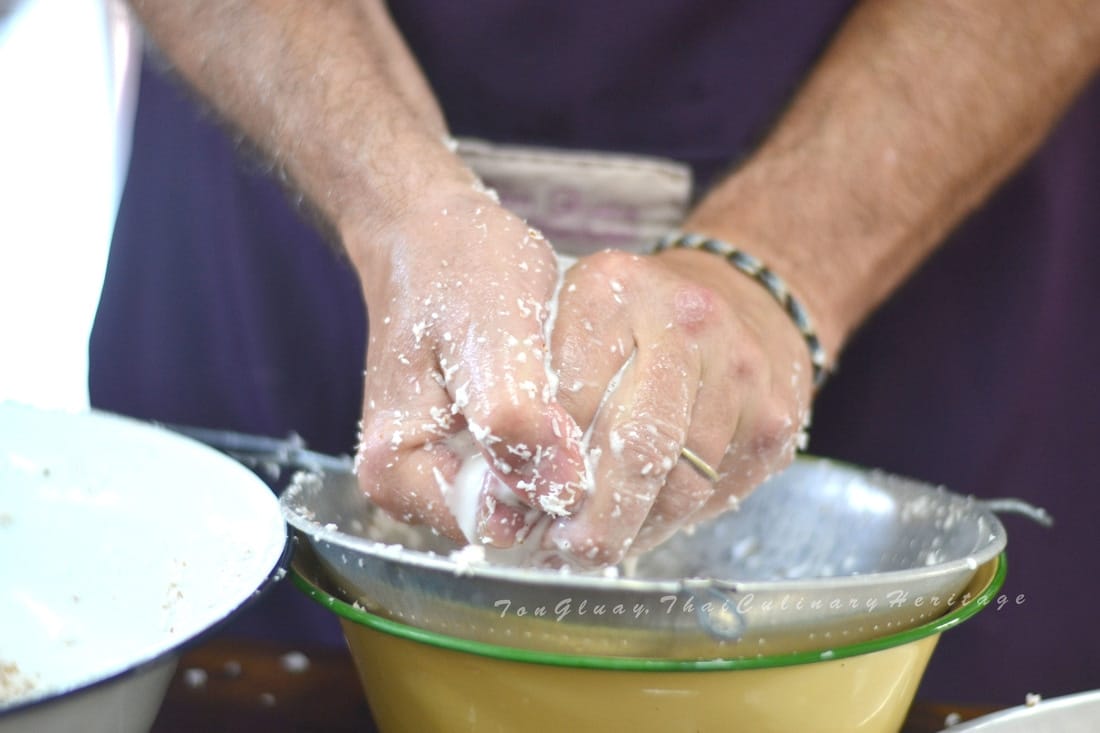
Ton Gluay, Thai Culinary Heritage is an independent publication launched in May 2017 by Ice. If you subscribe today, you'll get full access to the website as well as email newsletters about new content when it's available. Your subscription makes this site possible, and allows Ton Gluay, Thai Culinary Heritage to continue to exist. Thank you!
Access all areas
By signing up, you'll get access to the full archive of everything that's been published before and everything that's still to come. Your very own private library.
Fresh content, delivered
Stay up to date with new content sent straight to your inbox! No more worrying about whether you missed something because of a pesky algorithm or news feed.
Meet people like you
Join a community of other subscribers who share the same interests.
Vision
To help Thai cultural attractions be more than just commodities to be bought and sold.
Mission
To help outsiders and locals who are interested in Thai food to develop a better understanding of Thai food culture. Therefore, it could reduce negative impacts to local society and culture.
Objective
- Raising awareness of what real Thai culture was like before 1965 or 50 years ago.
- Educating the participants to be aware of how things are and why they are that way.
- Revive old practices for doing things the old way.
- Raising awareness of accepting differences.
Aim
- Short Thai history and selected dishes background will be mentioned in the beginning of the class.
- While operating the class, explanations of the wee details of Thai cuisine will be applied.
- Most cooking processes will be done in the traditional way of life.
- Educating about other details that are related to Thai cuisine.
The only thing I knew before I did my master's dissertation was that I wanted to educate myself about current international academic knowledge. And when I finished I would use the knowledge to help my country. This is the most relevant data that I have found and I ardently want to push it forward. "Commodification is a process of changing things from subjectified, for example culture and people, to objectified for the global market's values". (Andrews, Leopold, Meethan and Geen) "The culture was being sold "by the pound" and as such the people were being robbed "of the very meanings by which they organise their lives" (Greenwood, 1989) "To sale the product or service, culture, they have to provide special experiences and satisfy customers' needs" (Pine and Gilmore, 1998) I have heard a number of outsiders call us, for example, the lifestyle destination. Most outsiders expect Thailand to be a mysterious place, with simple people and most things so full of meaning. I would like to ask, how much you think you have seen or know the truth? Have you ever questioned the thing you have seen or known and whether it was just a commodified version of the original? If it was not a commodified version, would you feel as excited or you will feel the same as if you saw salt and pepper on your table? I am extremely aware of "commodification tourism in Thailand" and I think Thailand has gotten negative effects in terms of culture. If the culture will change, as it always has and will, it will be more acceptable for a better life, not only for capitalism. Due to the above, I have opened a real cooking class to educate insiders and outsiders to know what "is" really is. Because I believe that understanding will solve the problems that effect Thai society and culture. And I know that people are openminded enough to learn about differences and we do not need to commodified it to enjoy the realness. Ms. Warangkana Masanga Owner of Ton Gluay, Thai Culinary Heritage |
The name of the school
Ton Gluay
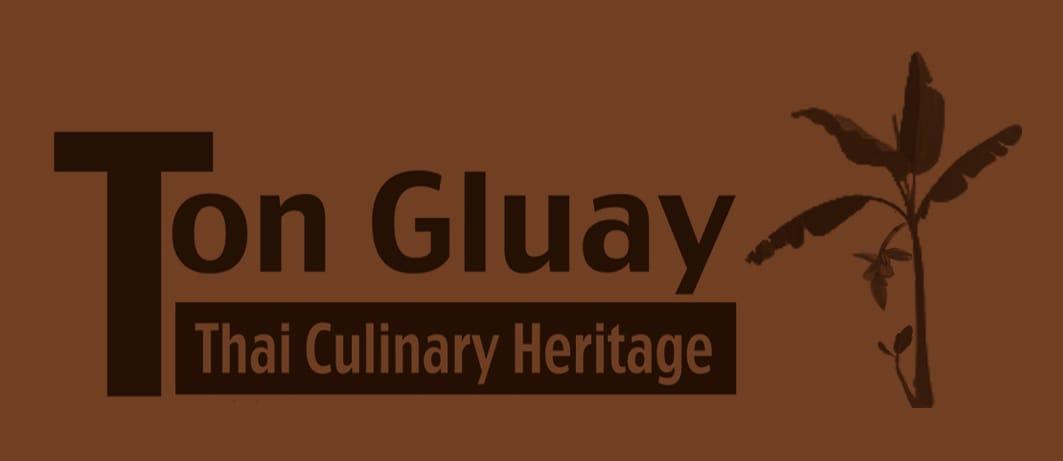
Ton Gluay is the Thai word for banana tree. The banana tree is very important for Thai households. Back then, every new family must grow two things: banana trees and sugar cane in the house's area. Every part of a banana tree can be use in many ways and undeniably it has been used apart from and in Thai dishes. I grew up in old-school Thai family compared to others in my age group. I learned how to cook from my mum, who learned from granny and so on. Our recipes stayed more or less the same because we lived in the countryside where not much innovation happened. I actually prefer Central Thai and Isan cuisines because my home town is in Nakhonsawan and my mum is from Isan. However, I met friends from every part of Thailand and as always I never forgot to talk to them about food and learn how to cook it theirs. Why I am in Chaing Mai at the moment? Well, the simple answer is that foreigners know Chaing Mai better than my hometown. So I believe Chaing Mai is a great place to educate more people. The more people understand the realness, the more we can reduce the impact on society and culture. Hopefully, one day I can return home and educate people at my hometown which is the better place to learn how Thai people cook and live with nature. |
